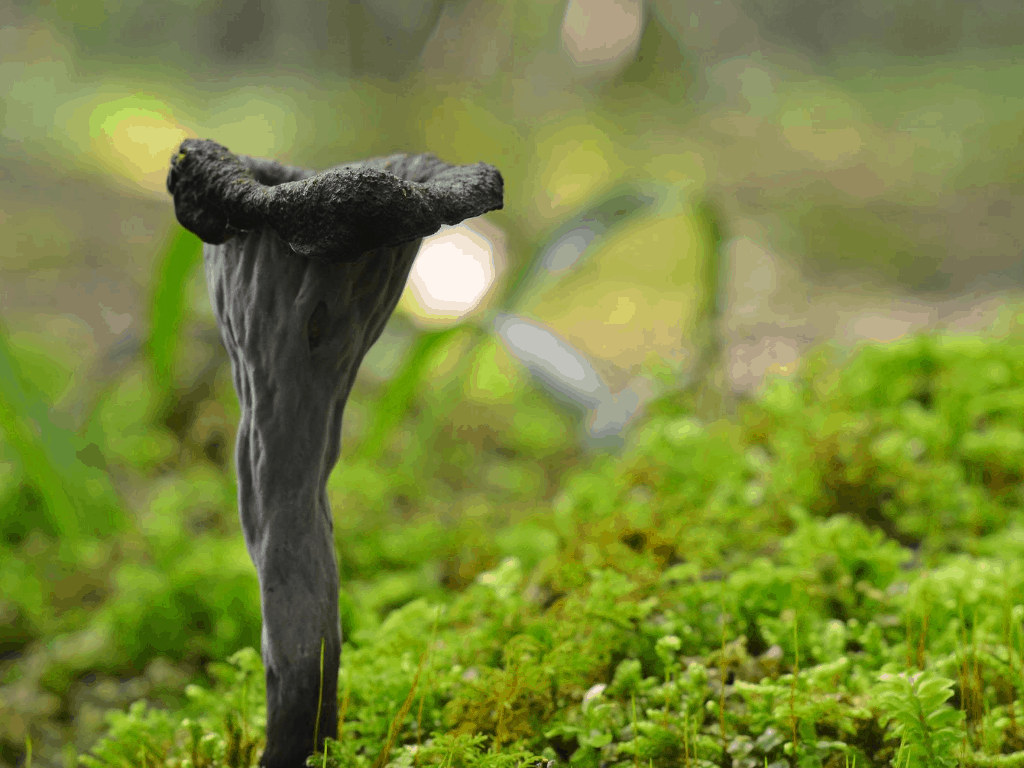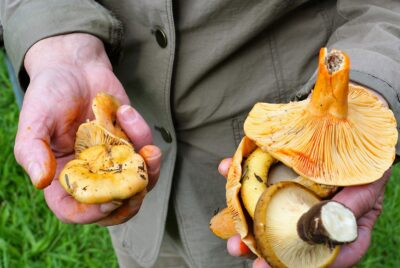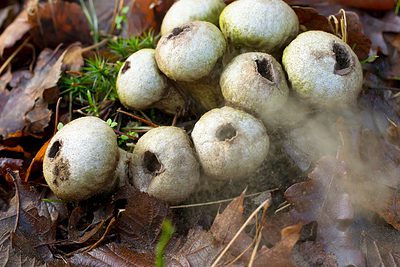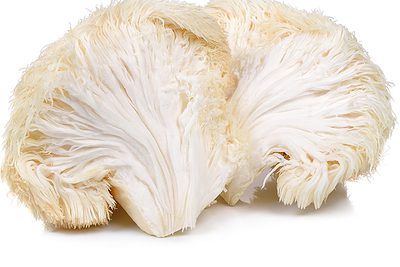Those who love mushrooms are always looking for new varieties to add to their culinary repertoire. A new flavor, texture and color of mushroom is always exciting to try in recipes or on its own. And with the health advantages of mushrooms, new varieties are also a boost to our well-being. The black trumpet mushroom is one of the less common fungi that is worth finding. This mushroom is also called the horn of plenty, trumpet of death/trumpet of the dead, or, due to the close relation to chanterelles, they are also known as black chanterelles.
Here’s what you need to know about this unique mushroom.
What is a Black Trumpet Mushroom?
The black trumpet is appropriately named, since it is usually black, although it can also be brown or gray, and it’s shaped like a funnel or a trumpet, with edges that roll outwards. There are no gills or teeth on the underside, which is instead smooth or just slightly wrinkled.
They are thought to be saprotrophic, meaning they thrive on dead and decaying wood, breaking down the plant matter and converting it into nutrients. As a result, they help with decomposition. They may also create a symbiotic relationship with the roots of plants.
The Health Benefits of this Beauty
Black trumpets possess the same health advantages of many other mushrooms. For instance, mushrooms are reported to have antioxidant properties. That helps them neutralize free radicals, which can lead to cell damage, aging and degenerative diseases. Mushrooms, including chanterelles, are also thought to help fight tumors and inflammation. All edible mushrooms have been shown to have beneficial properties like high fiber, high protein, a variety of vitamins, while also being low in fat and cholesterol.
But while other wild mushrooms contain zero or trace levels of Vitamin B-12, the black trumpet (Craterellus cornucopioides) contains considerable levels. Vitamin B-12 plays an essential role in the formation of red blood cells, as well as in cell metabolism and nerve function.
A deficiency in Vitamin B-12 can lead to fatigue, problems with mood, anemia, muscle weakness, intestinal problems and nerve damage. It may also contribute to heart and blood vessel disease and dementia and low cognitive function.
Finding a Black Trumpet Mushroom
The black trumpet is mainly found in the woods, in deciduous areas of the forest, in North, Central, and South America, Europe, Asia, and Japan.
Their shape makes them relatively easy to identify, and they don’t have any known poisonous look-alikes, so they are great for foragers to find and identify. The problem lies in actually finding them. Because of their color and shape, they often look like small holes in the forest floor.
To spot them, you need to keep an eye out in hardwood forests, and typically near trees but not right on the tree or right at the base of the tree. In fact, they are often found in mossy areas or near washes or streams. They’re easiest to see when you stand above and look directly down at them. They typically fruit in the summer and fall.
There is one mushroom that is somewhat similar, called the devil’s urn, which is not poisonous but is also not as tasty as a the trumpet mushroom. The devil’s urn has a more cup-like appearance and they fruit in the spring.
As with any wild mushroom, if you’re ever uncertain, find an expert who can be sure you’ve properly identified a black trumpet mushroom before you take the chance and eat it.
Is this a Culinary Mushroom?
Those who love black trumpets describe their flavor as buttery and smoky, saying that the intense flavor is reminiscent of the forest.
You can use them as you would other mushroom varieties, but be sure to cook them with something that won’t overpower their delicious flavor. You can eat black trumpets with poultry or other types of meat, with eggs or fish, or combine them with peppers and fresh herbs to serve on their own.
Or, you can cook them into a wild rice mushroom soup, like the recipe provided by Mayo Clinic that can feature any number of mushroom varieties.
Final Thoughts
As with so many other varieties of mushrooms, the black trumpet mushroom adds flavor, texture, and a boost of health benefits to your diet that has the added bonus of high Vitamin B-12 content, making them worth eating when you can find them.
Like This Article? Pin it on Pinterest







